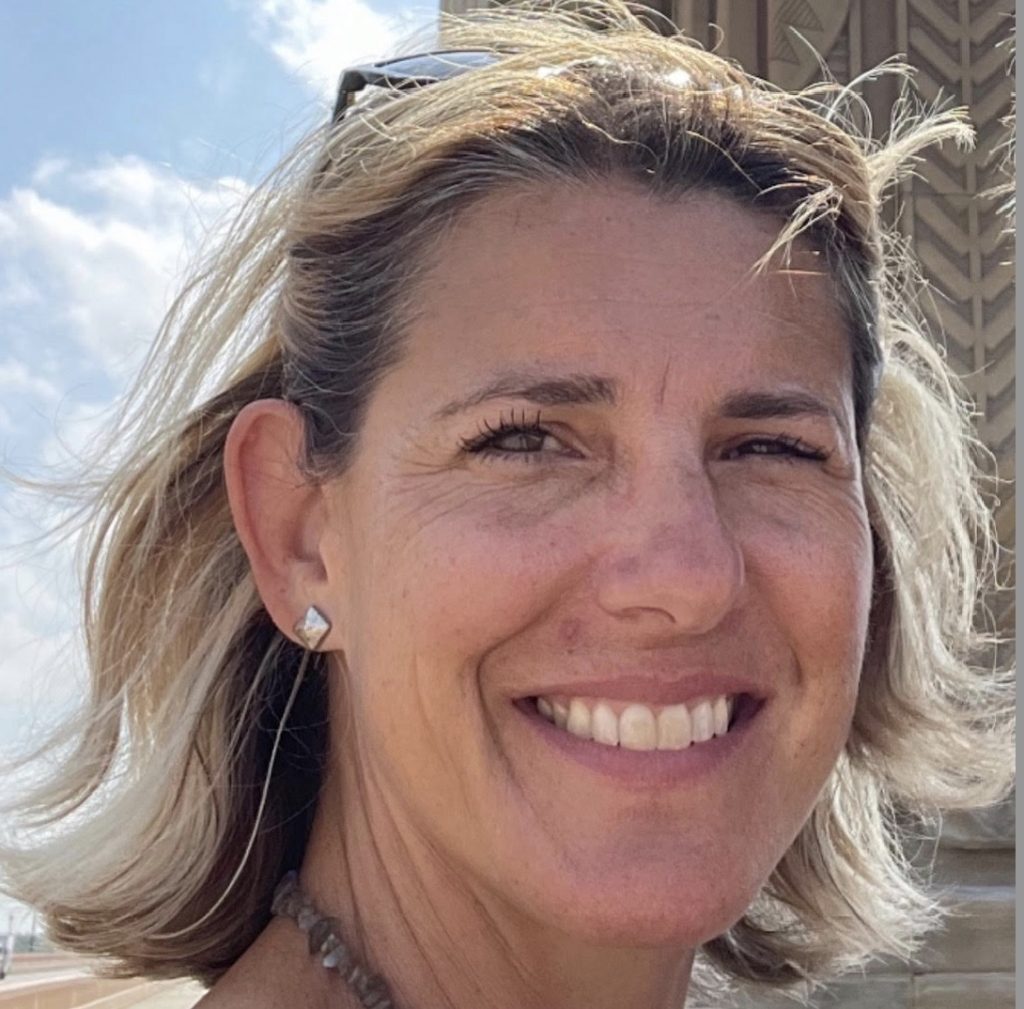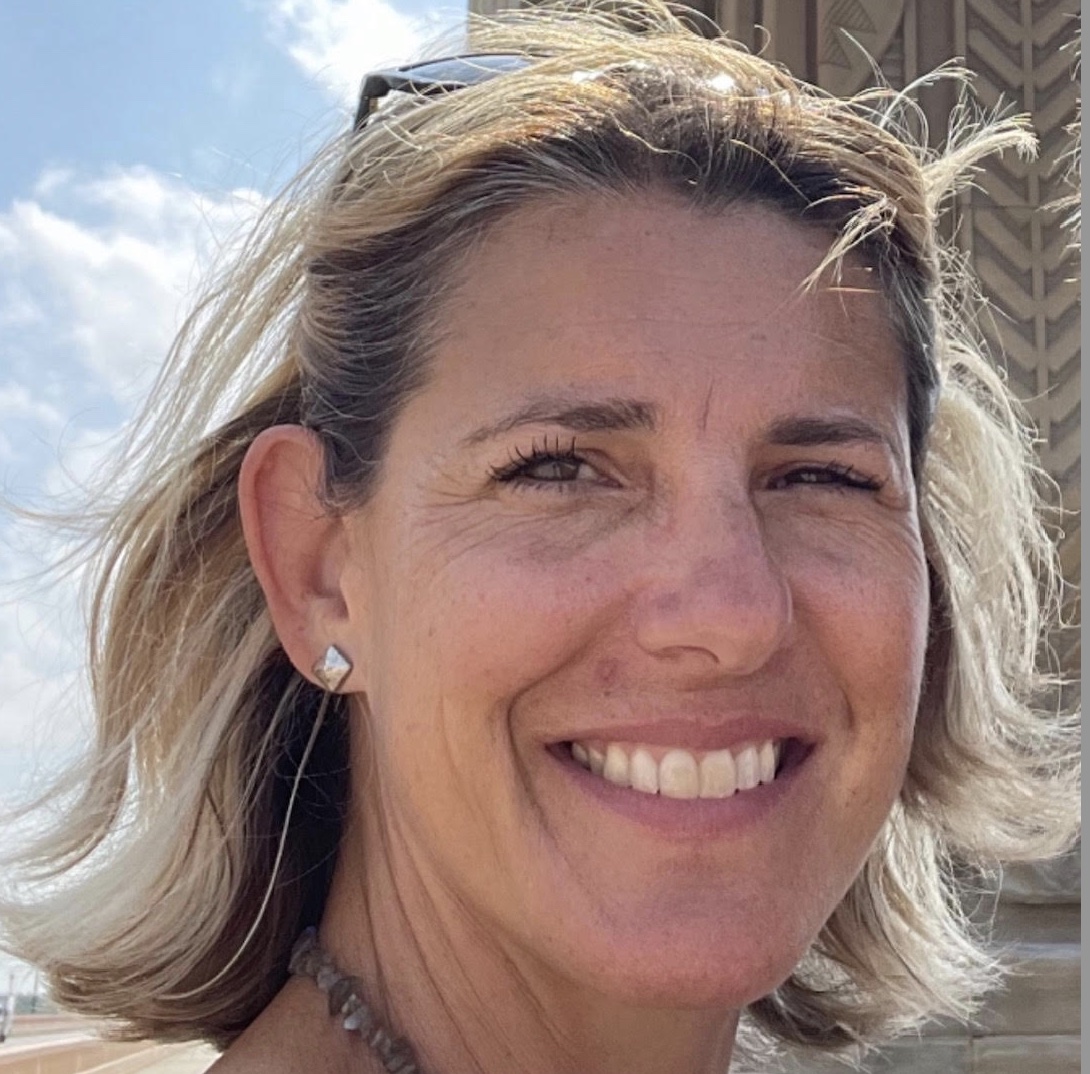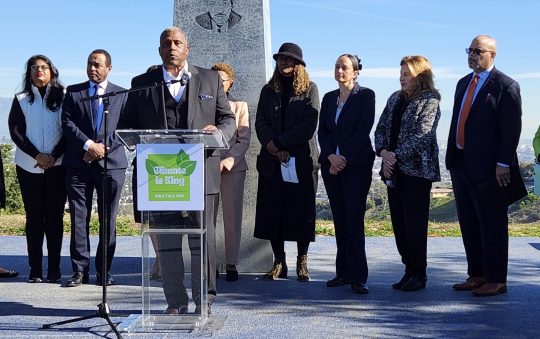
At school, students are taught long division, the dates of the American Revolution, and how to summarize a novel. But they also learn crucial information that is less measurable: They learn who they are as people.
Everyone has a memory of a teacher who changed their life because they taught students to understand their identity and believe in their own worth. As kids go through the uncertainty of adolescence, it’s critical they have adults who encourage them, listen to their stories, and make them feel valuable even if their home life—or the world around them—doesn’t.
That is why the two of us became educators.
We come from two very different backgrounds. One of us grew up in a predominantly Black neighborhood in Port Arthur, Texas, and later experienced being bused into a predominantly white high school in the San Diego suburbs. The other attended high school in Temecula, California, which at that time was a white, Christian exurban community with a population of 5000 people. One of us teaches middle school English; the other teaches high school social studies.
While our backgrounds are different, our commitment is the same: to give all students the best education possible in the increasingly diverse community of Temecula. That’s why we are participating in the lawsuit against the Temecula Valley Unified School District for banning ideas it doesn’t agree with.
Last year, the Temecula school board failed to meet its responsibility to support all students. It passed a vague resolution banning teaching about structural racism and related topics in district schools. Teachers who are perceived as violating the ban are threatened with disciplinary action or even termination.
The board also delayed the purchase of social studies textbooks because the supplementary materials mention LGBT+ rights activist Harvey Milk. More recently, it banned Pride flags and passed a policy requiring staff to out transgender and gender nonconforming students to their parents regardless of the safety risks.
Teaching race-related topics in schools is essential to developing students who understand their own stories—and the stories of others who do not look like them. Through books like Roll of Thunder, Hear My Cry, students learn how African Americans endured dehumanizing horrors with dignity and resilience. White students learn to empathize with their peers of color, and Black students see their history told. By learning the history of injustices in this country, students of all backgrounds learn to not repeat past mistakes and are inspired to correct modern inequities.
Studies show that teaching race-related topics in schools positively impacts students. In San Francisco, ninth graders who took an Ethnic Studies class had better grades and attendance rates than their peers. Six high schools in Oakland saw dropout rates among Black male students decrease from 8.5% to 4.9% when they offered a course designed for Black boys to learn about Black history and culture.
But with this ban, teachers in Temecula are forced to avoid necessary conversations about race, remove significant texts, and dumb down history lessons to ensure we don’t lose our jobs. As a result, our students are receiving a lesser education than they did two years ago—and than their peers are receiving around the state.
As teachers, we’re also worried for our safety. Many supporters of this ban do not have children in the Temecula school district. In fact, many attendees of recent school board meetings have been outside agitators, including Proud Boys, turning our children into casualties of their political war. These agitators have even shown up at our schools and intimidated faculty by taking pictures of classrooms that feature Pride flags.
Teachers accused of violating the resolution have been doxed and had their home addresses posted to Facebook. A high school drama teacher was accused of being a pedophile and a groomer for including “Angels in America”—a play that Temecula had previously won awards for producing at our high school—as an optional reading in his class. He was put on administrative leave from May to September. While he was ultimately found to have done nothing wrong, students were deprived of their teacher for a month.
We are terrified that we could be next.
We hope the court system will recognize that this ban violates our free speech rights as teachers and our students’ rights to receive an education that prepares them for life in a diverse society. As teachers, we show up every day to help the next generation of Americans find their voices. That’s why we are committed to using ours to stand up for the children, parents, and teachers in Temecula whose futures—and histories—are on the line.
Katrina Miles and Dawn Sibby are teachers in the Temecula Valley Unified School District.







